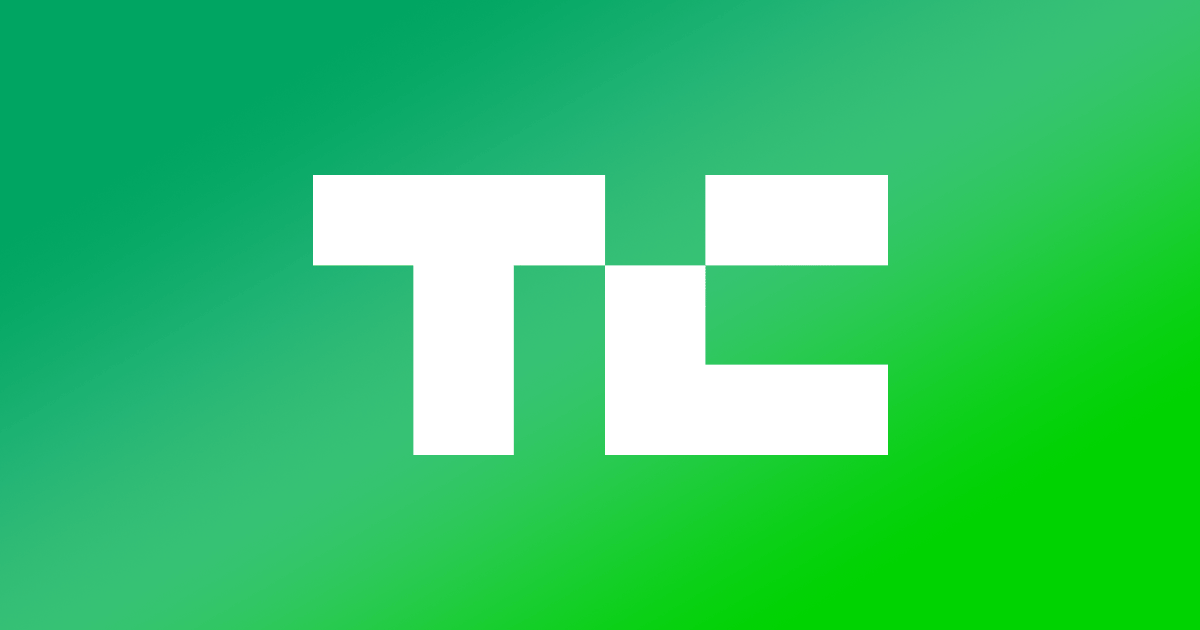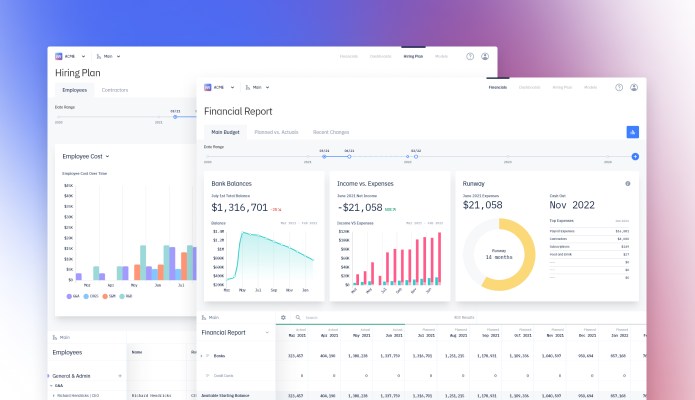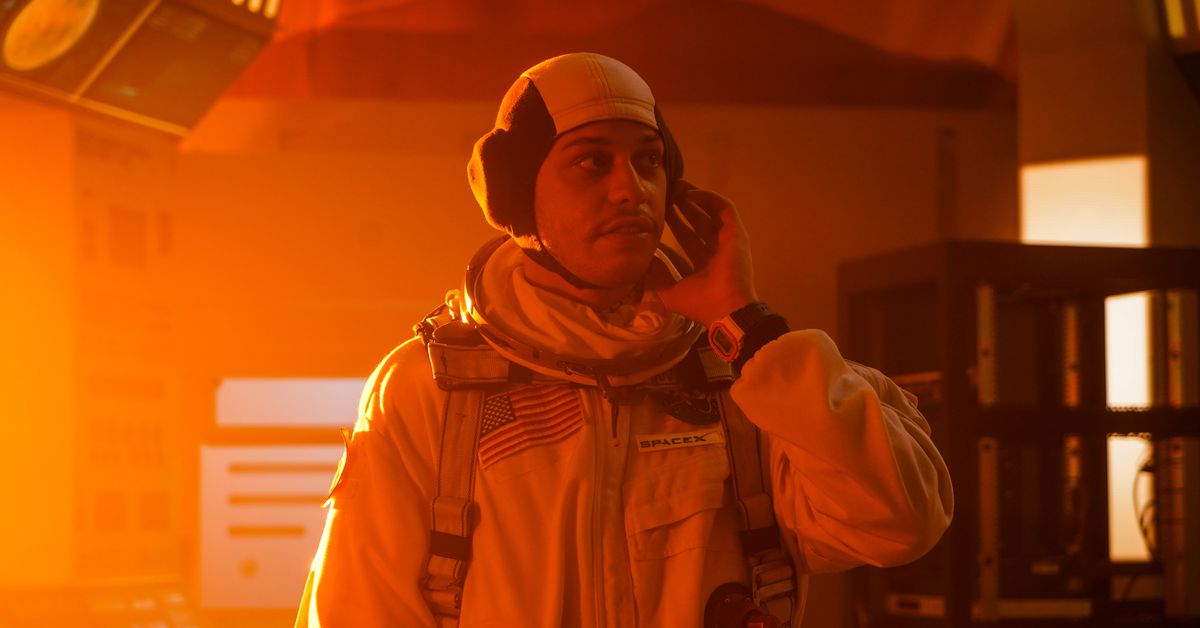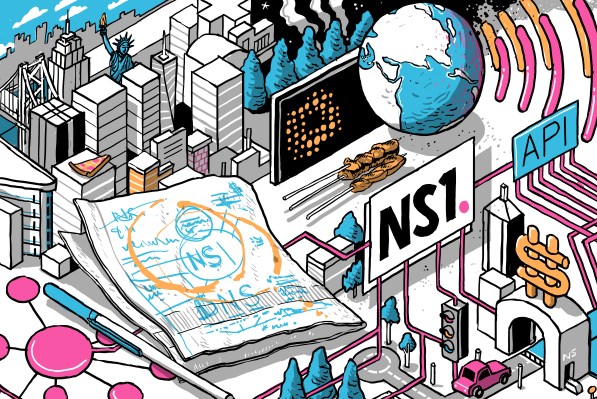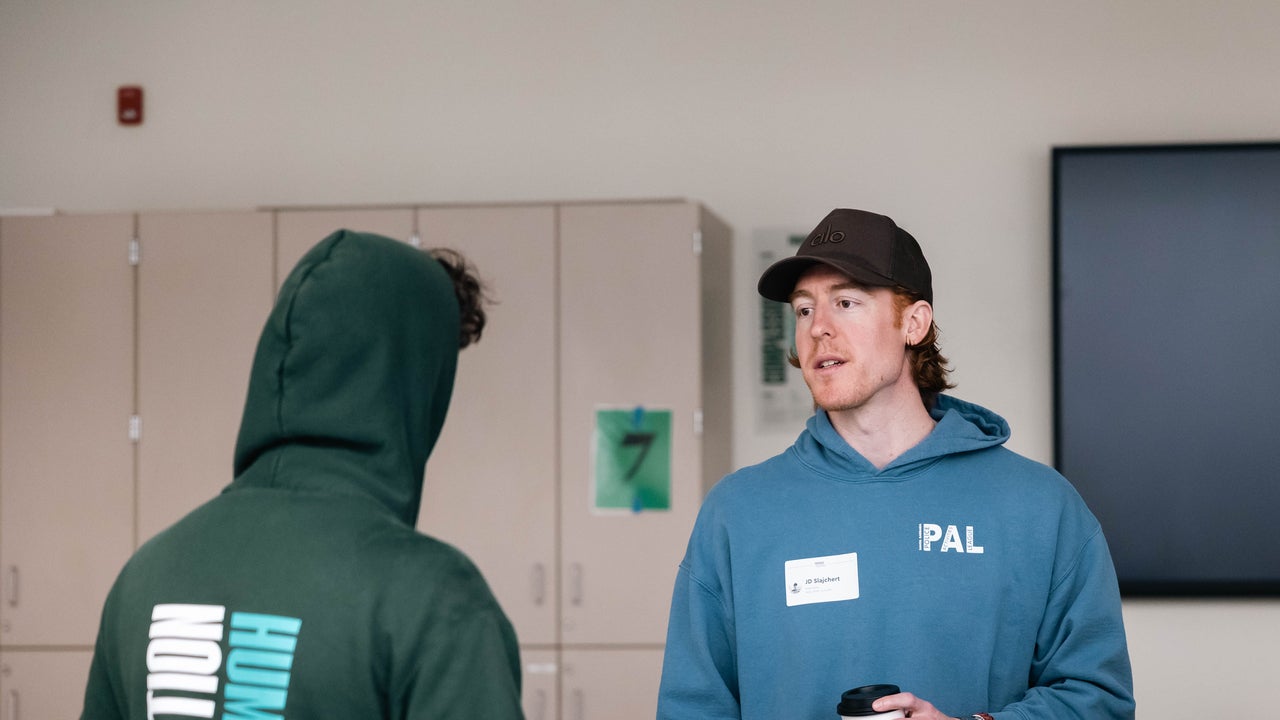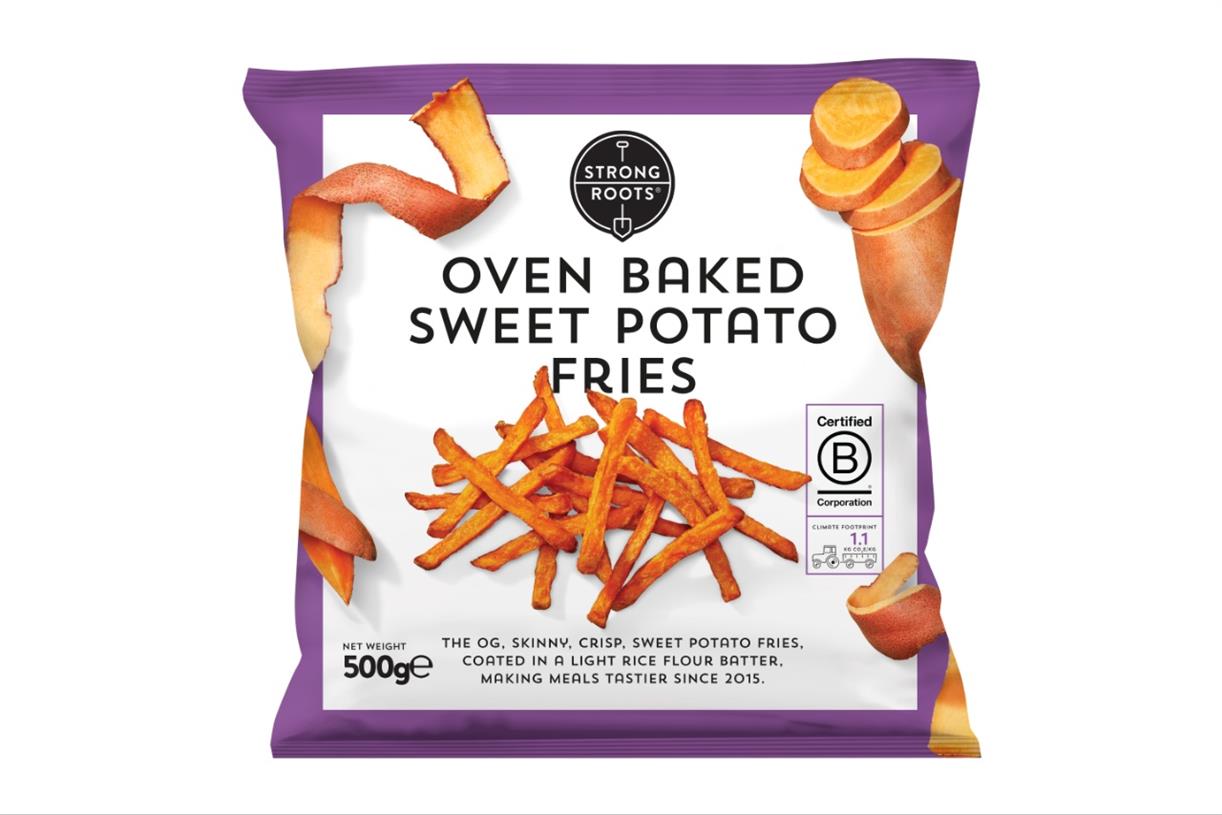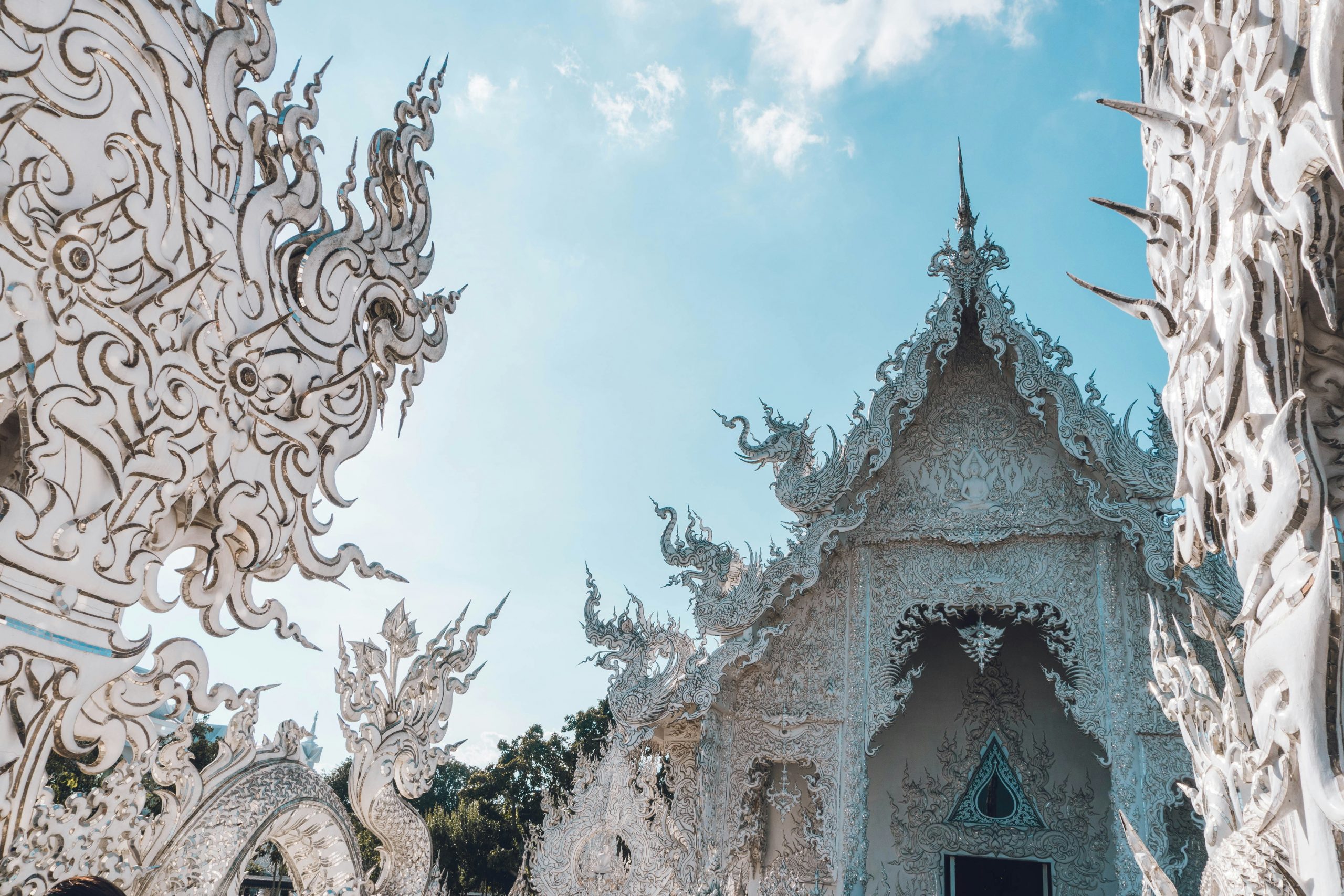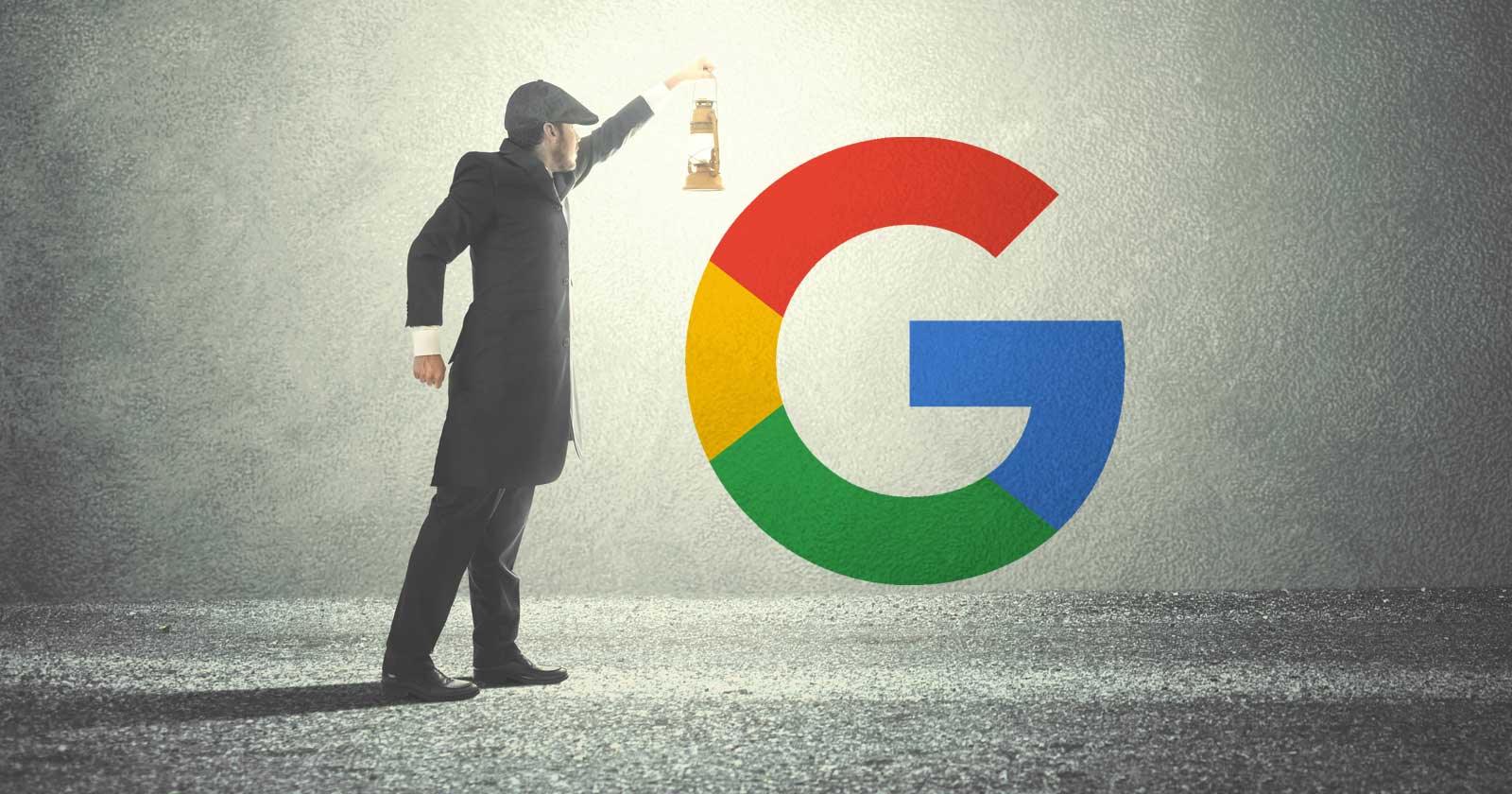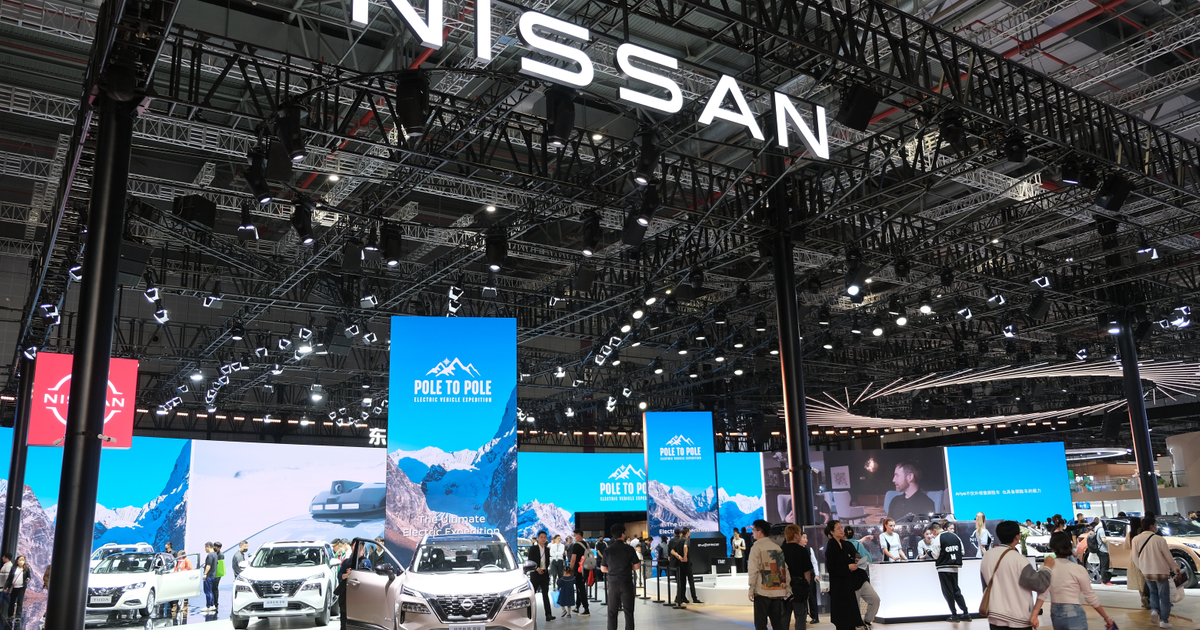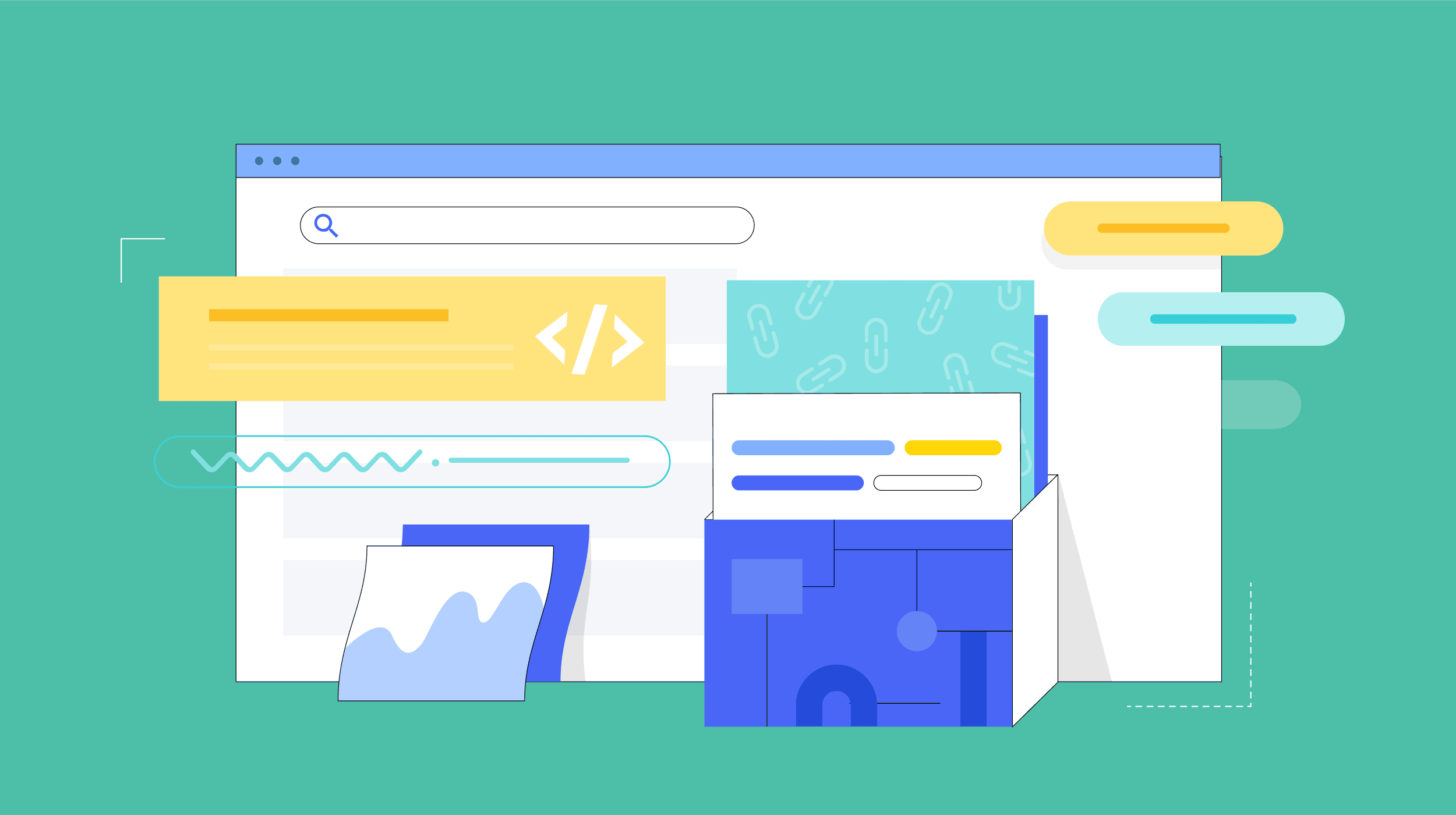Meta’s Oversight Board is too slow to matter
Illustration by Nick Barclay / The VergeThis is Platformer, a newsletter on the intersection of Silicon Valley and democracy from Casey Newton and Zoë Schiffer. Sign up here. Today let’s talk about one of the most important cases that...
/cdn.vox-cdn.com/uploads/chorus_asset/file/23951344/STK040_VRG_Illo_N_Barclay_4_facebook.jpg)
This is Platformer, a newsletter on the intersection of Silicon Valley and democracy from Casey Newton and Zoë Schiffer. Sign up here.
Today let’s talk about one of the most important cases that Meta’s Oversight Board has heard to date — and how the process ultimately revealed a fundamental problem with with the board’s operations.
I.
Our story takes place in Cambodia, which for the past 38 years has been ruled by a dictator named Hun Sen. Since first taking office, the Cambodian leader has gradually consolidated power, regularly using violence and intimidation to suppress any opposition. This year, his party stood for an election that both the United States and European Union said was neither free nor fair.
One reason the election wasn’t fair is that Hun Sen disqualified the leading opposition party from participating in the vote. But it wasn’t enough to ensure his continued dominance through undermining the democratic process — he chose to intimidate and persecute his opponents as well.
On January 8th, in a speech that streamed live on his Facebook page, the prime minister — who has 14 million followers on the platform — took the occasion of a ribbon-cutting at a highway refurbishment project to threaten his enemies.
Speaking at a ceremony in Kampong Cham province, he said political challengers would need to choose between the courts and violence if they criticized his ruling Cambodian People’s Party (CPP).
“There are only two options — one is using legal action, the other is using sticks... What do you want?” he said. “Either you face legal action in court or I rally CPP people for a demonstration and beat you guys up.”
He also instructed lawyers to monitor speeches by his rivals.
“We won’t let you accuse us of being thieves all the time. The CPP cannot accept being called thieves who steal votes. We must sue whoever says that,” Hun Sen added.
At least five users reported the video for inciting violence. Upon its first review of the video, Meta determined that Hun Sen had not violated the platform’s community guidelines. On a second review, the company found that the video actually did violate its guidelines, but decided to leave it up under a “newsworthiness exemption.” (The idea is that if an elected official says something really horrible, sometimes it’s better to draw attention to that than to pretend it never happened — sunlight is the best disinfectant and all that.)
At the same time, Meta thought it was a close enough call that it referred the case to its Oversight Board — an independent body that can make binding decisions about what posts stay up on Facebook, and which come down.
II.
Meta did not design the board to make decisions quickly, even in times of crisis. But by any standard, the Cambodia case has unfolded at a glacial pace. The board didn’t even accept the case until March, two months after the video had been posted. By then, it had already been viewed 600,000 times. Meanwhile, by then a rash of political violence had unfolded in Cambodia.
Here’s a report from Human Rights Watch on those attacks:
Since that speech, seven reported acts of violence have targeted a total of six opposition party members. Three instances occurred following a Candlelight Party planning meeting in Phnom Penh on March 18 for the July elections. Four additional cases were reported following a March 20 visit by party activists to the United Nations human rights office in Phnom Penh and their participation in a public gathering calling for the release of political prisoners. […]
The attacks had multiple similarities, suggesting that the same people were responsible for all of them. All four attacks were carried out by two men in dark clothes with dark motorcycle helmets riding a single motorbike, with the driver remaining on the bike while the passenger assaulted the victim. In three attacks, the assailants used an extendable metal baton as a weapon. In two attacks, the victims could hear the attackers confirming the victims’ identity moments before they were assaulted. No money or valuables were stolen. All of those interviewed said they believe they were targeted because of their participation in Candlelight Party activities.
Nearly four months after the violence began, and almost seven months after the original video was posted, the board finally got around to making a decision. It called for the video to be removed, and for Hun Sen’s Facebook and Instagram accounts to be suspended for at least six months — the first time the board had called for a head of state to be penalized in that way.
Under their arrangement, Meta has 60 days to respond to the board. Today, the company did. And while Meta removed the video from the prime minister’s page, it decided not to suspend him.
“We have removed the content that was the subject of this case and, consistent with our policies, applied appropriate account-level penalties associated with that action,” the company said in a blog post. “There is not currently any basis to suspend Hun Sen’s account under our policies.” (The board didn’t respond to my request for comment, though it is based in the United Kingdom and my message may have reached them after hours on Tuesday.)
If you’re asking “what is the point of all this?” — well, so am I
There’s a nuanced detail here about the decision. The board argued Hun Sen should have been suspended under a protocol that Meta introduced after the January 6th attacks in the United States that penalizes world leaders more heavily if they incite violence during times of unrest. (This policy was the reason that Donald Trump’s account was suspended for three years.) Meta decided Hun Sen’s remarks here didn’t fit that policy, since they came at the groundbreaking ceremony for that highway refurbishment.
Still, a board spokesperson told The Hill that it “stands by its original decision and urges Meta to do everything in its power to deter public figures who exploit its platforms to incite violence.”
“Elections are a crucial part of democracy and social media companies must ensure their platforms are not misused in ways which threaten to undermine them,” the spokesperson added.
At this point, if you’re asking “what is the point of all this?” — well, so am I.
III.
On the whole, I’ve been enthusiastic about Meta’s Oversight Board experiment. Given how much vital political speech takes place on the company’s platforms, and how messy content moderation is at any scale, establishing an independent body to consider user appeals marked a step in the right direction. Before the board, every content decision ultimately rolled up to one person — CEO Mark Zuckerberg. After the board, an independent body could intervene to reverse decisions that it found to be in contradiction of the company’s policies.
But as I wrote last October, the board has at times been shockingly lazy — as in that quarter, when out of the 347,000 cases submitted by users for appeal, it chose to hear a measly three of them. And while both it and Meta tout long lists of policy recommendations it has made that the company has adopted, the fact that I wouldn’t have been able to name any without first looking them up suggests that for the most part the board is often only nibbling at the margins of relevance.
The board’s members are still treating cases as abstract thought experiments
Nowhere is this more evident than in the Cambodia case, which dragged on for the better part of the year before the board could muster the energy to tell Meta to remove a single post.
And sure, these cases can be complicated. They need to be translated into the relevant languages. Public comments must be solicited and considered. The board consults with experts. It takes time.
Moreover, had Meta followed the board’s recommendation, Cambodia could have retaliated by banning the platform in the country altogether — arguably to the detriment to the millions of Cambodians who rely on it for various needs. That’s worth serious deliberation.
But when platforms are considering questions related to credible incitement of violence — particularly incitements coming from a head of state — they should resolve them in far less than the 234 days it took the Oversight Board. There are millions of real people who are depending on them. And the board’s members, many of whom were drawn from academia, are still treating the cases referred to them as abstract thought experiments to be debated casually in between graduate seminars.
In Cambodia, the damage is done. The rivals were, in the end, beaten with sticks. Hun Sen’s party “won” the sham election. Last month he said he would install his son as prime minister, but would continue to serve as the country’s strongman in chief as the ruler of its sole major political party for years to come.
Earlier this summer, anticipating that he would be banned, Hun Sen briefly decamped to other platforms. He focused his attention on Telegram, with its large user base and famous indifference to content moderation.
But the storm passed, and now the prime minister is posting to Facebook as enthusiastically as ever. Over the past day, his account was updated more than a dozen times — revealing, if nothing else, that at least one player in this platform drama understands the importance of speed and scale.

 Fransebas
Fransebas 







